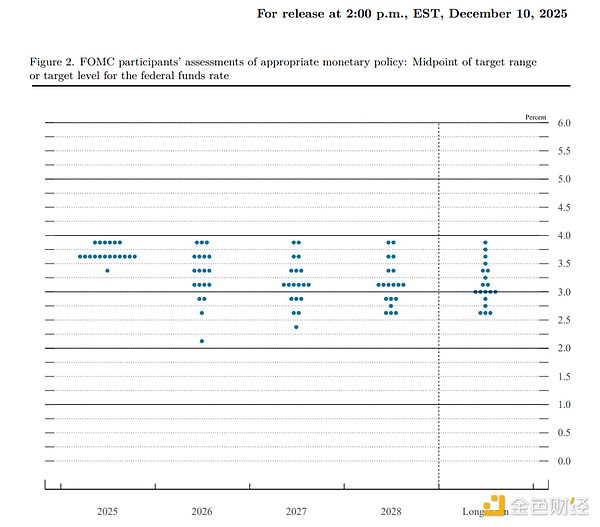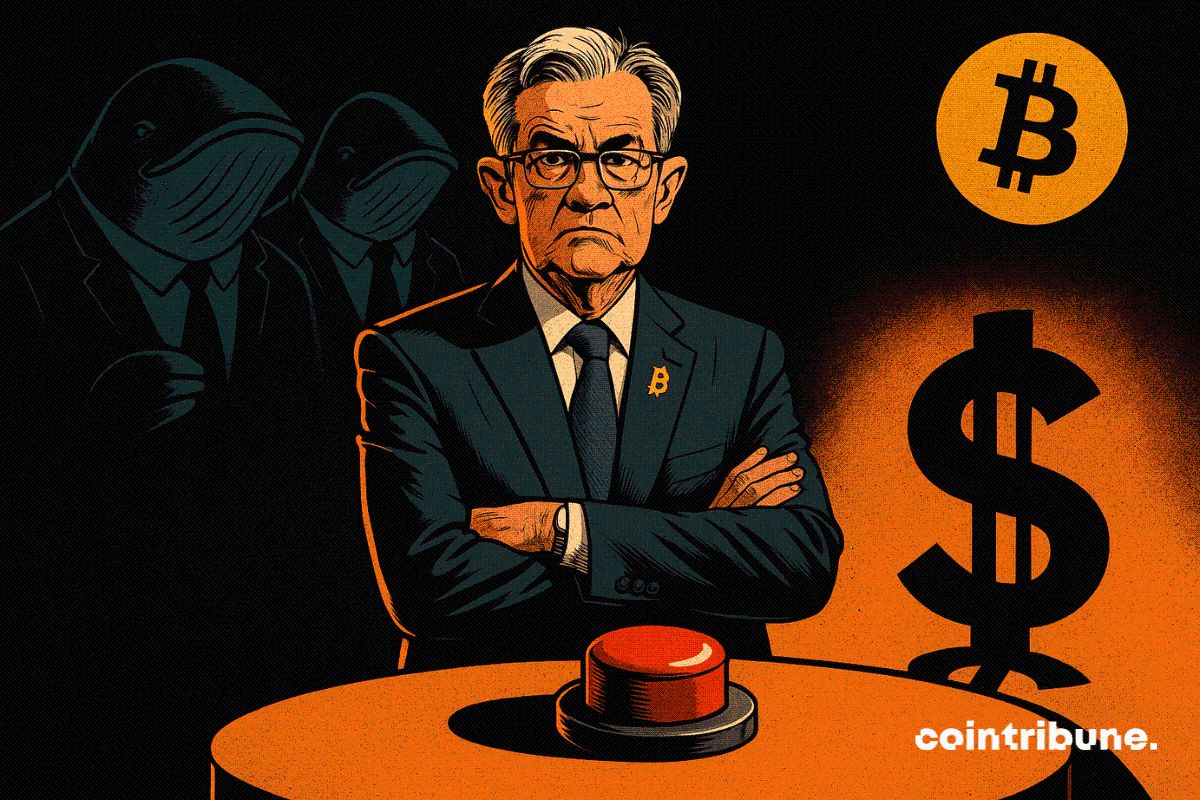Delio's Third Corporate Rehabilitation Bid: A Glimpse into South Korea's Evolving Crypto Insolvency Framework and Investment Risks
- Delio's 2025 rejected corporate rehabilitation bid exposes South Korea's crypto insolvency framework gaps and investor risks. - Court's reliance on DRBA Article 42,3 underscores legal ambiguity, while volatile crypto assets complicate traditional insolvency models. - FSC's 2025 lending suspensions and VAUPA reforms aim to stabilize markets but raise innovation concerns, pushing investors toward DeFi and non-custodial solutions. - Investors now prioritize diversification, due diligence, and hedging as Del
The collapse of Delio, a once-prominent South Korean crypto lending platform, has become a focal point for understanding the challenges of insolvency in the digital asset sector. As the Seoul Bankruptcy Court rejected Delio's third corporate rehabilitation bid in 2025, the case underscores the fragility of regulatory frameworks in an industry still grappling with its own identity. For investors, the implications are stark: the interplay of legal ambiguity, market volatility, and regulatory evolution is reshaping risk profiles and asset protection strategies.
The Legal Quagmire of Corporate Rehabilitation
Delio's repeated attempts to avoid liquidation highlight a critical flaw in South Korea's insolvency laws. Under the Debtor Rehabilitation and Bankruptcy Act (DRBA), corporate rehabilitation is permitted only if a company can demonstrate a viable path to profitability and creditor benefit. Delio's third petition, like its predecessors, failed to meet these criteria. The court's reliance on Article 42, Paragraph 3 of the DRBA—dismissing rehabilitation if restructuring does not serve creditors' interests—reflects a pragmatic stance. However, the prolonged legal battles have exacerbated uncertainty for investors, many of whom remain trapped in a limbo between hope and despair.
The case also exposes the limitations of applying traditional insolvency models to crypto platforms. Unlike conventional firms, crypto entities often hold volatile digital assets, which complicate valuation and liquidation. Delio's reliance on FTX-linked assets, which became irretrievable after the 2022 collapse, exemplifies the systemic risks inherent in the sector. For investors, this underscores the need to scrutinize the liquidity and diversification of crypto platforms before committing capital.
Regulatory Shifts and Investor Confidence
South Korea's regulatory response to the Delio crisis has been twofold: immediate intervention and long-term structural reform. In 2025, the Financial Services Commission (FSC) suspended new crypto lending services on major exchanges like Upbit and Bithumb, citing a 13% liquidation rate among leveraged borrowers. This move, while controversial, signals a shift toward prioritizing stability over speculative growth. The FSC's proposed leverage caps, mandatory risk disclosures, and user eligibility criteria aim to create a more transparent environment.
These measures align with the 2023 Virtual Asset User Protection Act (VAUPA), which prohibits unfair trading practices and mandates stricter oversight of virtual asset service providers. While such regulations may reduce short-term volatility, they also raise questions about the sector's innovation potential. For investors, the key takeaway is that regulatory clarity—though still evolving—is gradually replacing the Wild West ethos of early crypto markets.
Asset Protection in a Post-Delio Era
The Delio saga has forced investors to rethink asset protection strategies. The platform's alleged embezzlement of 250 billion won in customer assets, coupled with the CEO's ongoing trial, highlights the risks of centralized custody. In response, many investors are shifting toward decentralized finance (DeFi) protocols or non-custodial wallets, where they retain direct control over their assets.
However, decentralization is not a panacea. DeFi platforms face their own regulatory and technical risks, including smart contract vulnerabilities. A balanced approach—diversifying across custody models and jurisdictions—may offer the best defense against systemic shocks. Additionally, investors should prioritize platforms with transparent reserve audits and insurance mechanisms, such as those emerging in the stablecoin sector under the proposed Digital Asset Basic Act (DABA).
Market Implications and Investment Advice
The Delio case has accelerated South Korea's regulatory maturation, but it has also exposed the sector's vulnerabilities. For institutional investors, the Kimchi Discount—a reversal of the historic Kimchi Premium—signals a more rationalized market. Retail investors, meanwhile, must navigate a landscape where leverage is curtailed and compliance is non-negotiable.
Investors should adopt a three-pronged strategy:
1. Diversification: Avoid overexposure to single platforms or asset classes.
2. Due Diligence: Scrutinize governance structures, liquidity reserves, and regulatory compliance.
3. Hedging: Utilize derivatives or stablecoins to mitigate downside risks in volatile markets.
The approval of spot Bitcoin ETFs in late 2025 could further stabilize South Korea's crypto ecosystem, aligning local prices with global benchmarks. However, patience is key; the sector's long-term potential hinges on resolving its insolvency and governance challenges.
Conclusion
Delio's third corporate rehabilitation bid and its ultimate rejection mark a turning point in South Korea's crypto narrative. While the legal and regulatory frameworks are still in flux, the lessons from this case are clear: transparency, diversification, and proactive risk management are non-negotiable. For investors, the path forward lies in adapting to a landscape where innovation and oversight must coexist. As the FSC continues to refine its approach, the crypto sector's resilience will be tested—not by its ability to grow, but by its capacity to endure.
Disclaimer: The content of this article solely reflects the author's opinion and does not represent the platform in any capacity. This article is not intended to serve as a reference for making investment decisions.
You may also like

Historic Fundraising: Real Finance Attracts $29 Million to Revolutionize RWAs

Bold Bitcoin OG Doubles Down: Expands Massive ETH Long Position to $392 Million